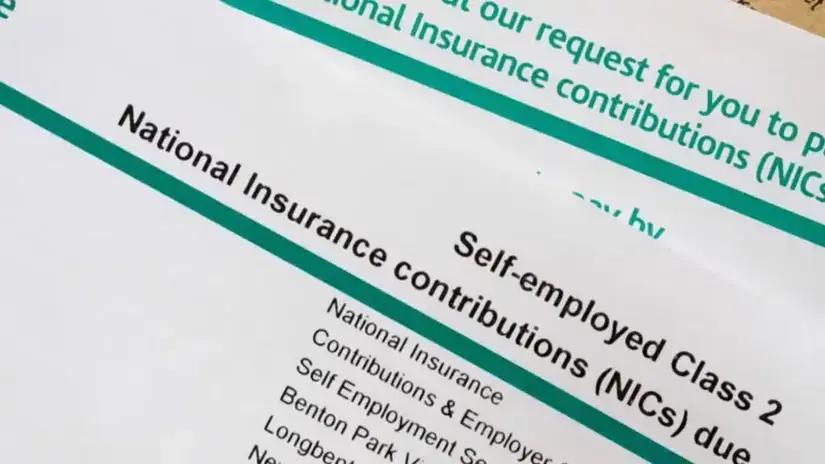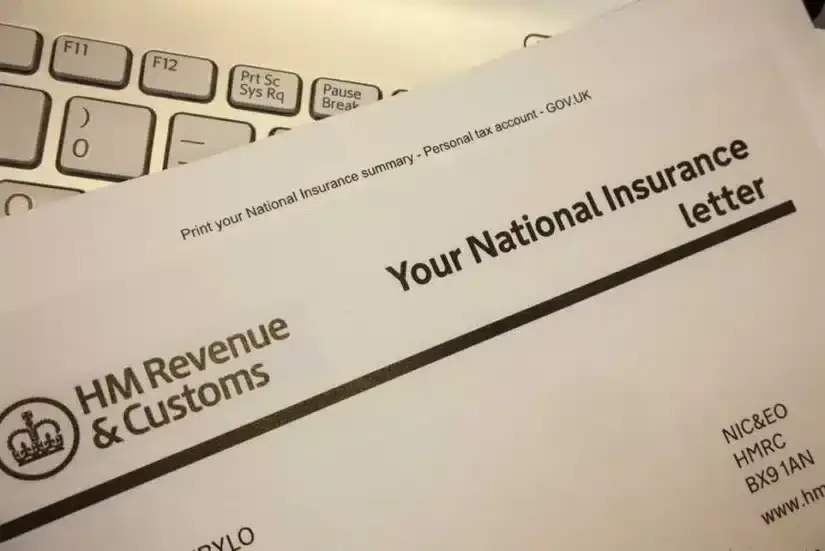Can I pay voluntary National Insurance Contributions if I live abroad? Many expats are unsure of the answer to this question, and it isn’t always simple.
It’s crucial for expats to comprehend the rules surrounding UK National Insurance, whether they intend to retire abroad or in the UK.
In this article, we examine national insurance for expats and outline the essential information.
Let’s get right to it and respond to the principal query.
If you are looking to invest as an expat or high-net-worth individual, which is what I specialize in, you can email me (advice@adamfayed.com) or WhatsApp (+44-7393-450-837).
The information in this article is for general guidance only. It does not constitute financial, legal, or tax advice, and is not a recommendation or solicitation to invest. Some facts may have changed since the time of writing.
Can I Pay Voluntary National Insurance Contributions if I Live Abroad?
The short response is that it depends. The reality is a little bit more complicated, though, as with anything tax-related.
The places you work and the amount of time you spend abroad are only two considerations.
You will be required to pay National Insurance for the first 52 weeks you are away from home if:
- You are employed outside of Switzerland or the EEA;
- You are employed in a nation that has a bilateral Social Security agreement.
Additionally, you must fulfill the following three requirements:
- Your employer conducts business outside the United Kingdom.
- You are a resident of the UK.
- Before beginning work abroad, you were residing in the UK.
The aforementioned requirements will be applicable to those working in a number of well-known expat locations, including Dubai and other regions of the UAE.
Not much will change if you work abroad for a year. However, you won’t be making National Insurance contributions after a year, which might cause problems. Don’t worry, though; we will cover that in the section after this one.
You typically contribute to the nation’s social security system if you work in the EU, Norway, or Switzerland.
You should be aware that you can only contribute to one scheme at once. As a result, if you contribute to the Spanish system, you will not also be required to pay UK National Insurance. You do have choices, though, if you are just passing through.
You may ask HMRC for a certificate or other document if you have been employed in the EU for up to two years. You can continue paying National Insurance this way even if you live abroad.
What motivates you to do this, then? Your UK State Pension’s security is the main justification.

Your UK State Pension and Voluntary National Insurance Contributions
Your National Insurance contributions will have an impact on whether and how much State Pension you receive, regardless of whether you plan to retire in the UK or abroad.
To qualify for the minimum State Pension, you must have made contributions for ten full years. You need 35 years of NICs to be eligible for the maximum UK State Pension.
The UK State Pension is a great option for supplementing your income, even though it is probably insufficient on its own to keep you financially afloat during retirement.
Making voluntary contributions can be advantageous even if you are not legally required to pay National Insurance due to your circumstances. You could increase the amount of UK State Pension you receive by filling in the gaps in your National Insurance record.
Should You Make Voluntary National Insurance Contributions?
Your situation will determine whether or not you decide to make voluntary NICs, so consider your options carefully.
Let’s say, for illustration purposes, that you are missing some contribution years. In exchange for the full State Pension, the costs of filling in those gaps might be acceptable.
On the other hand, there might not be a need to fill in the gaps if you have already reached the 35 years needed for the maximum State Pension. The contributions you make once you’re back in the UK might be sufficient to fulfill the 35-year requirement.
If you are unsure when making significant pension decisions, it is best to consult an expert.

Paying Voluntary National Insurance Contributions Abroad
Up to six years’ worth of NIC payments can be made retroactively.
Voluntary contributions are typically Class 3 contributions. However, people who pay national insurance while residing outside of the country typically make Class 2 contributions.
You should first check your National Insurance record to see if there are any gaps and see if voluntary payments are an option. A more thorough explanation of how to check your National Insurance contributions is provided in our article.
If you choose to make voluntary payments, a detailed breakdown is available on the UK government website.
Pained by financial indecision?

Adam is an internationally recognised author on financial matters with over 830million answer views on Quora, a widely sold book on Amazon, and a contributor on Forbes.



